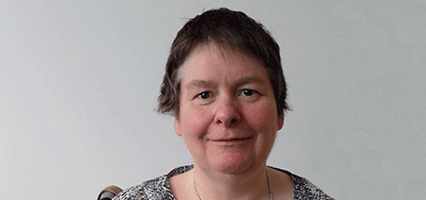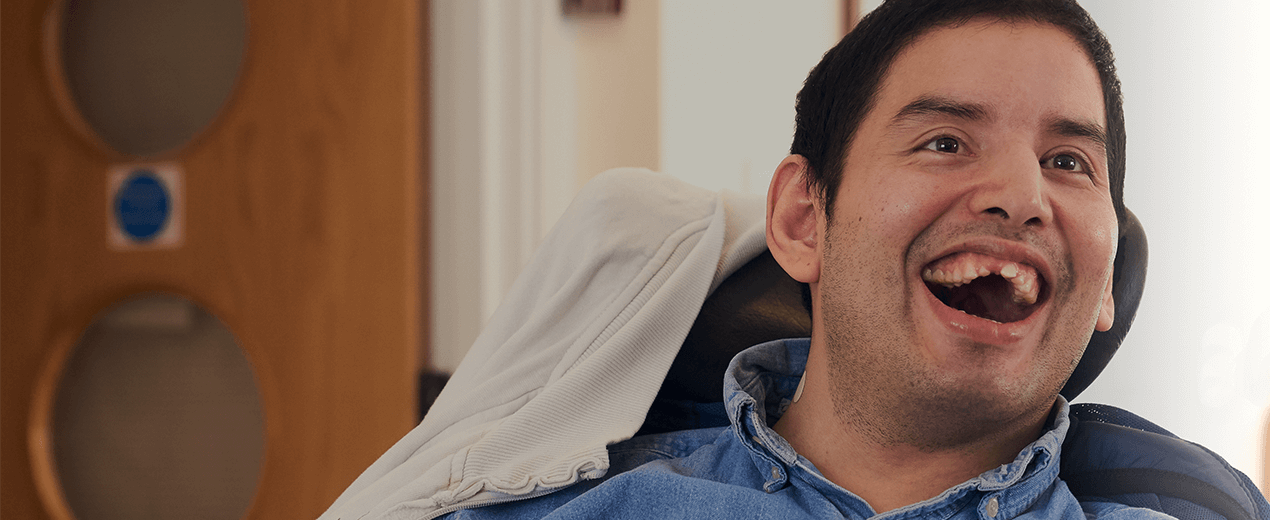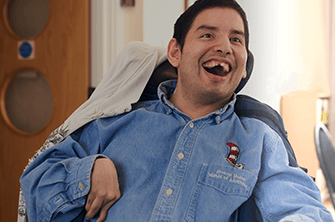Making your healthcare buildings accessible
#MyGPandMe Building Better Together is an insight into what disabled people experience in primary care settings. Commissioned by Assura PLC – we asked disabled people and their carers about the accessibility of their primary healthcare buildings.
We focus on how the building and environment impact on the people receiving health services, and the relevance of physical space to health inequalities experienced by people who have a disability.
Our report identifies and advises on 4 key themes…
1. Independence, choice and control
Healthcare buildings must not increase an individual’s dependence on others. Just 22% of disabled patients feel independent in health centre environments.
2. Dignity
Less than half of respondents felt toilet facilities in primary care met people’s needs and Changing Places facilities were highlighted as an important adjustment, where possible.
3. Feeling relaxed
Décor, lighting, noise levels and waiting room layout were all highlighted as factors that affect how people feel when visiting their healthcare building.
Almost half of those who support people to go said they felt stressed and 55% think the person they support felt stressed.
4. Customer service and patient care
Environmental stressors are made worse when patient care isn’t supportive or respectful.
Respondents told Dimensions that the skills, knowledge, training and attitude of people working in primary care is important.
The impact of Covid-19
The global pandemic has seen healthcare provisions change overnight, proving that adjustments can be made quickly.
While some could remain permanent after the pandemic, they must be appropriate for everyone.
Respondents to the survey told Dimensions that in-person appointments are still very important and, while virtual consultations work for some people, they’re not well-suited for annual health checks or for people who do not communicate with words.

"It's important that people with disabilities see this report and have the confidence to ask for better in their primary care settings."









